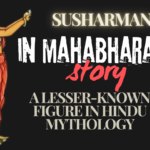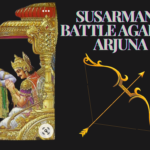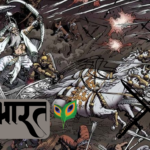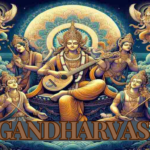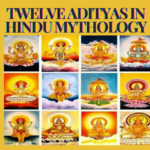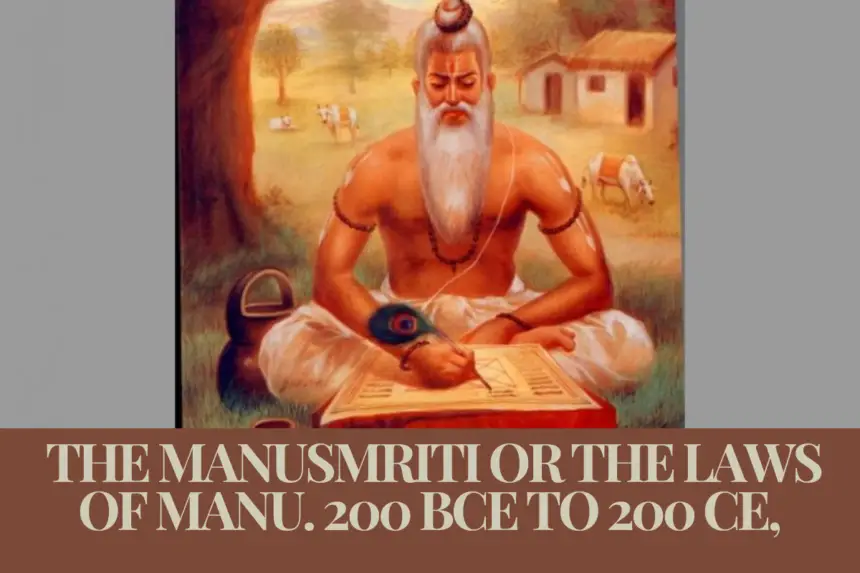Understanding Manu: A Brief Historical Overview.
Manu, traditionally considered the progenitor of humanity in Hindu mythology, is also known for the Manusmriti or the Laws of Manu. These texts, written around 200 BCE to 200 CE, are a comprehensive collection of guidelines governing social, legal, and moral conduct in Vedic society.
Defining Leftism: A Modern Perspective.
In modern political discourse, leftism is often associated with ideals that emphasize equality, social justice, and collective rights. Leftist ideologies typically advocate for the redistribution of wealth, the dismantling of hierarchies, and the promotion of welfare programs designed to assist the marginalized and disenfranchised.
Comparative Analysis: Manu’s Laws and Leftist Ideologies.
Examining Manu’s Approach to Social Hierarchies.
The Manusmriti outlines a strict social hierarchy, famously codifying the caste system. At first glance, this seems antithetical to leftist ideals. However, a deeper examination reveals nuanced aspects of social welfare and duty.
Welfare and Duty in Manu’s Philosophy.
Manu emphasized the responsibilities of the upper castes towards the lower ones, advocating for a form of social duty and care. While not egalitarian in the modern sense, Manu’s focus on societal cohesion and mutual obligation echoes certain collectivist principles found in leftist thought
.
Property and Wealth Distribution in Manu’s Laws.
Contrary to popular belief, Manu’s texts include provisions for the redistribution of wealth and the support of the impoverished. This aspect aligns with leftist principles of economic equity and social safety nets.
Debates and Diverging Viewpoints.
The question of whether Manu can be considered a leftist is subject to intense debate among scholars and political theorists. Some argue that any hierarchical system is fundamentally at odds with leftist ideologies, while others suggest that Manu’s emphasis on duty and care offers a proto-leftist outlook.
Conclusion: Rethinking Historical Labels.
The categorization of Vedic Manu as the “original leftist” is not straightforward. It requires a thoughtful analysis of historical context, terminological fluidity, and ideological evolution. While it might be an oversimplification to label Manu as a leftist by modern standards, certain elements of his philosophy do resonate with contemporary leftist ideals, particularly regarding social responsibility and communal welfare. By examining these aspects, we can gain a richer understanding of ancient philosophies and their relevance today.
